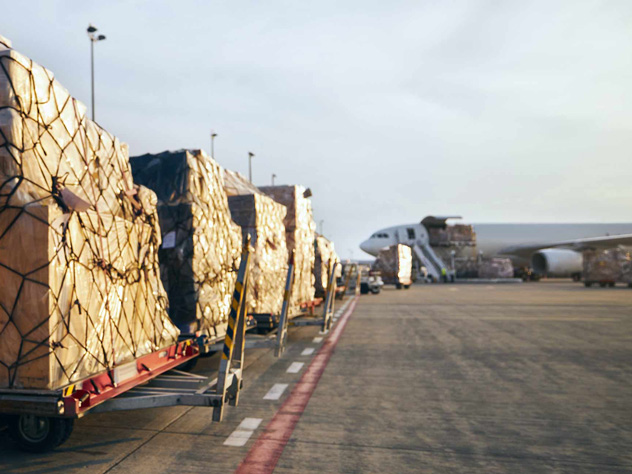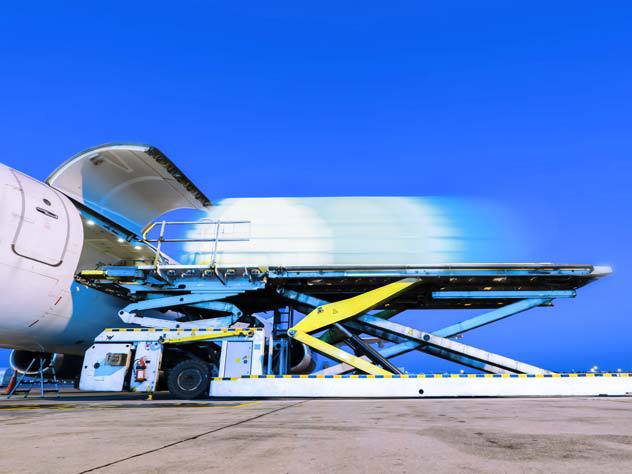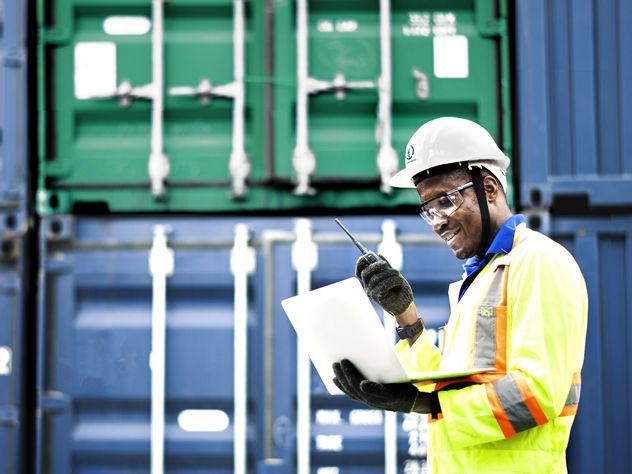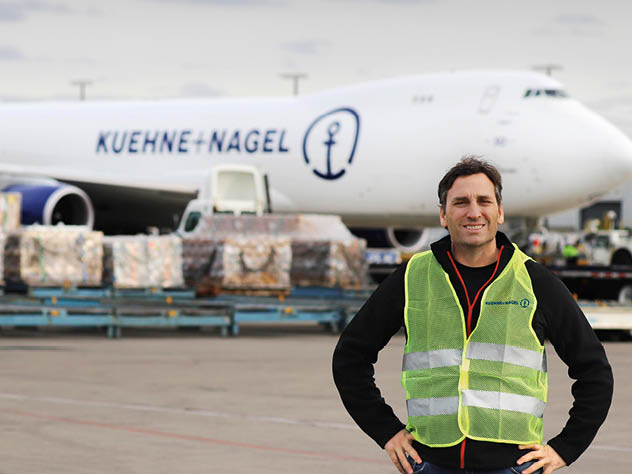On 1st March 2023, all airfreight shipments into or via the countries in scope (EU27, Switzerland, Norway and Northern Ireland) will have to comply with new data filing requirements, based on which the involved states' customs authorities will conduct a pre-loading and pre-arrival air cargo security risk assessment. Other modes of transport will have to comply in the course of 2024.
Requirements for all air freight shipments to or via EU, Switzerland and Norway
The security and safety programme will support effective risk-based customs controls whilst facilitating free flow of legitimate trade across the external borders. Data will be collected on all goods entering the mentioned countries in question prior to their arrival. Advance cargo information and risk analysis will enable early identification of threats and help customs authorities to intervene at the most appropriate point in the supply chain.
The implementation follows a phased approach. As of 1st March 2023, airlines will start filing the shipments with the states' customs authorities, whereas forwarders who wish to file HAWB data directly to the EU customs authorities, can do so from 1st July 2023 onwards.
Kuehne+Nagel is prepared for the implementation
Kuehne+Nagel has set up its IT systems and processes to comply with the new requirements of submitting the necessary data elements to the states' customs authorities directly. As a customer, you will benefit from receiving the security risk clearance early in the process, avoiding delays once the cargo is already handed over to the airlines.
Until self-filing is possible, Kuehne+Nagel will be sharing the mandatory data via EDI with the airlines to ensure seamless operations.
In parallel, Kuehne+Nagel is enhancing its electronic data interchange (EDI) connections and interfaces for its customers enabling data automation and accuracy.
ISC2 will apply to all parties sending air cargo from third countries to or through the countries mentioned above. Ensuring a smooth cargo flow without interruption to the supply chain is a joint effort and requires your active participation.
How to comply with the ICS2 requirements:
- As a company conducting customs activities in the European Union, you need an Economic Operators Registration and Identification (EORI) number from one of the EU member states' customs authorities. Please ensure that you share this EORI number, if applicable, with your shipper/seller.
As a shipper/seller sending cargo to the countries in scope, please ensure you obtain the EORI number of your consignee. For Switzerland, Norway and Northern Ireland, where no EORI is available, the VAT registration number may be provided. - Please include an accurate and meaningful goods description for each article of the consignment along with
- the corresponding Harmonized Commodity Code (HS Code, minimum first 6 digits).
The necessary information above should be provided to your freight forwarder with immediate effect in addition to the shipment details you already share as part of your commercial documents and/or EDI messaging today. Submitting incorrect or inaccurate data, as well as missing data elements, could lead to:
- Rejected declarations or customs intervention, with possible sanctions imposed for non-compliance
- Consignments stopped or delayed at customs
- Enhanced security screening
- Flight delays
Further information can be found on the website of the European Commission and in the FAQ section below.
Should you have any questions or concerns, do not hesitate to contact your Kuehne+Nagel representative.
FAQ about ICS2

 Is Northern Ireland part of the ICS2/PLACI region?
Is Northern Ireland part of the ICS2/PLACI region?
Yes, even though Northern Ireland is part of the UK, it is in scope of ICS2/PLACI. Due to having a land border with the EU and because of the Northern Ireland protocol following Brexit, Northern Ireland is also part of the programme.

 Do all HS codes need to be mentioned?
Do all HS codes need to be mentioned?
Yes, every single HS code and item description for all items that are part of a shipment have to be transmitted with the ICS2/PLACI filing.

 HS code in the origin country, e.g. USA, could be different than in the EU – so how would this work if the shipper needs to declare the HS code?
HS code in the origin country, e.g. USA, could be different than in the EU – so how would this work if the shipper needs to declare the HS code?
The EU's minimum requirement is the first 6 digits, which are unique globally. We will use the HS codes provided by the shipper for filing. The import office would then have to adjust to the local requirements for import clearance. However, for the purpose of ICS2/PLACI filing the HS codes provided by the shipper will be used.

 What is considered a valid item description?
What is considered a valid item description?
The requirement is that the description of the goods is in plain language and precise enough for customs to identify the goods. Please refer to this link for guidance on a valid item description.

 Does an AWB consignee located outside the countries in scope need an EORI number?
Does an AWB consignee located outside the countries in scope need an EORI number?
An EORI number is only required "if available". Only if a consignee is performing customs activities in the European Union, will they be able to request an EORI number from one of the member states' customs authorities. So if an EORI exists, it must be submitted. For transit- and trans-shipments, no consignee EORI will be required.

 Is a consignee EORI required for eCommerce clients where each parcel has an individual buyer (person, not a company)?
Is a consignee EORI required for eCommerce clients where each parcel has an individual buyer (person, not a company)?
The EORI required is the EORI of the AWB consignee. The question here is if it's B2B or B2C business. For B2B, the consignee will have one EORI. For B2C, the rule is if the consignee receives more than 5 shipments per year, they will also need to register for an EORI.

 How many lines of data can Kuehne+Nagel receive and submit for filing? Is there a limit?
How many lines of data can Kuehne+Nagel receive and submit for filing? Is there a limit?
We can receive and submit 9999 HS code lines with item description.







